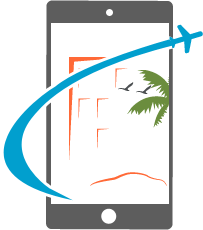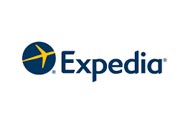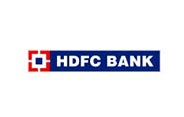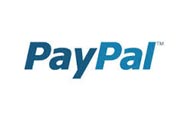PROVAB TECHNOSOFT is an award winning
travel tech company. We deliver a complete gamut of travel technology solutions including travel agency software platforms with mobile apps and
white label travel portal solutions
. We are working with travel agencies in the United States, Canada, India, Europe, Middle East, Africa and all tourism leading destinations. PROVAB has employed 350+ best in class professionals, highly experienced in
travel apis integration and mobile application development. We make sure that all of our resources are well trained in web services integration, user/sub-user modules and XML live process.
White label travel booking portal
is the system that allows end users to book flights, hotels, cars, cruises and packages online. Following below are the key components.
Services
- Services includes travel deals including flights, hotels, transfers, cruise and holiday packages, which end users / agents can book online. The travel inventory can be connected through the GDS / APIs or self-contracts.
Pricing and Availability
- Along with the service list, your travel partner also has access to the pricing and price list for each and every service and the features that forms a part of the service. The pricelist viewable to your partner includes the price of the basic service along with the price of the additional services, supplements, reduction and discounts. After a service is made available through addition of allotment, enabling the partner to book the service directly and enter the payment for it. In case there is no addition of allotment, the partner can click on "Send Enquiry" option. In case you as an administrator disable booking for specific dates, partners will not be able to make any booking during the particular period. GDS like Amadeus, Galileo and Sabre can be integrated for global inventory.
Promotion Special Offers
- The promotion could be viewed on the B2B login side as well. You also have the facility of entering the special offers in the system, enabling your travel partners to use them. This helps in generating demand and increasing sales.
Different pricing level for the market or partners
- In case you prefer to have different pricing level for different partners, it could be defined in the back office by using the option different market. For example, if you are targeting three different markets like European market, Asian market and American market, you have the facility of adjusting the prices by the addition of different commission to the market. Each partner will be able to get the price depending on the market they are assigned to. This will enable the travel agents to get the price predefined for them. This acts as a great marketing tool when it comes to assisting, increasing and rewarding partner sales.
Entering Reservation and Reservation Management
- The travel booking interface is designed to enable the travel partner make a reservation directly, when they have availability to information like product, price, and information about special price, promotion, services, availability and similar information. The overview of all the reservations accomplished by the system is also available. This means that the system will allow the administration and the travel partner to track the reservation and manage them effectively.
Making all the Documents available
- The system will provide the travel partners with all the documents, enabling them to make the same available for the customers. There is a very well support system for the mutual communication between the tour operator and tourist agency and its partners. When a partner makes a reservation, the document provided is dependent on the action taken by them. When a request is sent and offer and itinerary follows automatically. When a booking is accomplished, there is an automated process of sending the invoice. This process could be customized depending on the need of the travel agencies requirement. Along will this the partners will get an overview of all the documents created and are connected to the reservation system, which could be forwarded to be printed for the customers. This is one of the key features of travel distribution platform.
Online booking B2B enhances the communication process
- This is a benefit that both the sides can enjoy. One partner checks with the suppliers, makes a confirmation for the reservation and send documents while the other one is sending new reservations. This process eliminates the need of communicating over the phone and saves time and money. This is also a way of attracting customers, finding new customers, creating new marketing campaigns and making better sales.
Providing better control over the whole process
- This means everything is under the same roof. Partners get an overview of the reservations and the documents that they have made. The whole process is centralized, eliminating the risk of making possible mistakes. B2C B2B white label travel portal has become a backbone of travel agencies, who are using online travel portals.





















